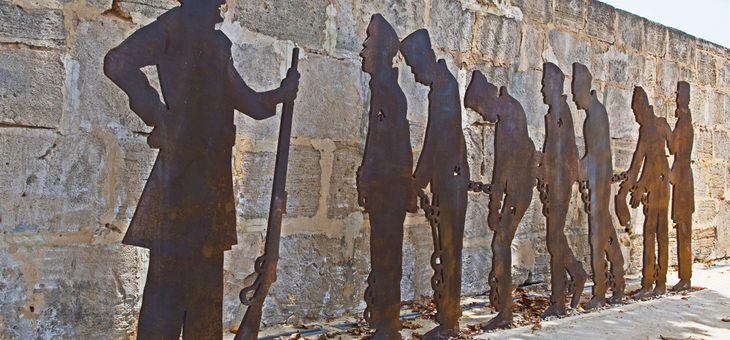What’s in a name?
Joanna, what a lovely name I thought. Modern, sweet. A name that could be shortened to Jo, like a character from Little Women. It was a name, though, that none of my family had embraced as far as I knew, but then came a surprise and a sadness.
A friend had a hobby of researching genealogies of her own family and then expanded into those of her friends. A few times recently, she revealed things that she had found out about my ancestors – mostly innocuous things, places where some of them had lived in Victoria and, of course, the Irish/English connection that I knew about. After all, if you look at me, my heritage is obvious, fair skinned, brown hair, potato growing stock.
I joked with her a few times that she needed to find some interesting ancestors for me – artistic types, writers, poets, even highwaymen, or at least some rich relatives with a dubious background. But I knew that would not be the case. My family was bound to be boring, pedestrian and ordinary.
Read more: Researching genealogy
However, my friend bounced excitedly towards me the other day with the newfound name of an ancestor – Joanna. She also stunned me with the news that we were related through marriage. Her nephew was a direct descendant of mine through my paternal grandfather’s brother – if you can follow all of that. Weird.
But the news about Joanna proved to be a surprise. She had been a convict, sent out here in the early 1800s. Convict. I ran the word around the inside of my head and around my mouth. It was a label that was once a disgrace and sign of criminality and immoral behaviour. Of late though, some people are proud of their convict background, seeing the injustices of the British system that expelled the unwanted to the settlement far across the seas, out of sight, out of mind. I instantly thought that perhaps she had been an Irish political extremist sentenced here for her anti-government sentiments, but no, she was a thief.
Read more: Getting back to your Irish roots
But all she had done was stolen a bag of wheat, no doubt to feed her family and herself. How tragic to be a 20-year-old and shipped to the ends of the earth just for being hungry. No doubt her story was repeated thousands of times across England and Ireland in the 1700s and 1800s, a symptom of a social hierarchy that cared little for the poor, practised some abysmal farming methods and endured crop failures.
I don’t have a picture of Joanna, but she survived her time here, eventually gained her freedom, married and had children. I hope her life was at least less miserable than it might have been in England.
It made me reflect on the fortunate life that I have had, one so far removed from that of my ancestors as to nearly be science fiction. Blessed indeed.
Have you – or a friend – researched your family tree? Were you happy with what you found? Why not share your journey in the comments section below?
If you enjoy our content, don’t keep it to yourself. Share our free eNews with your friends and encourage them to sign up.

